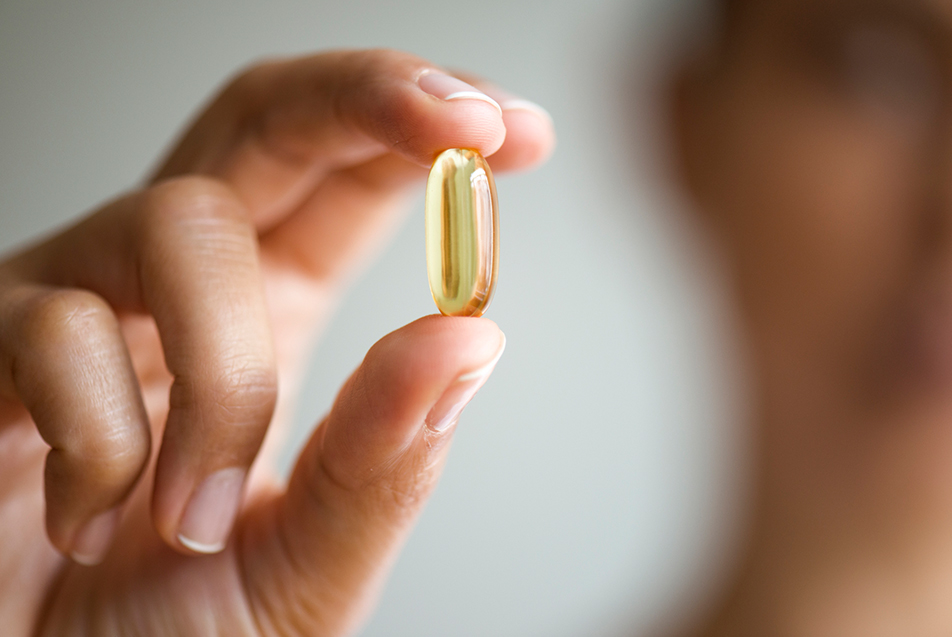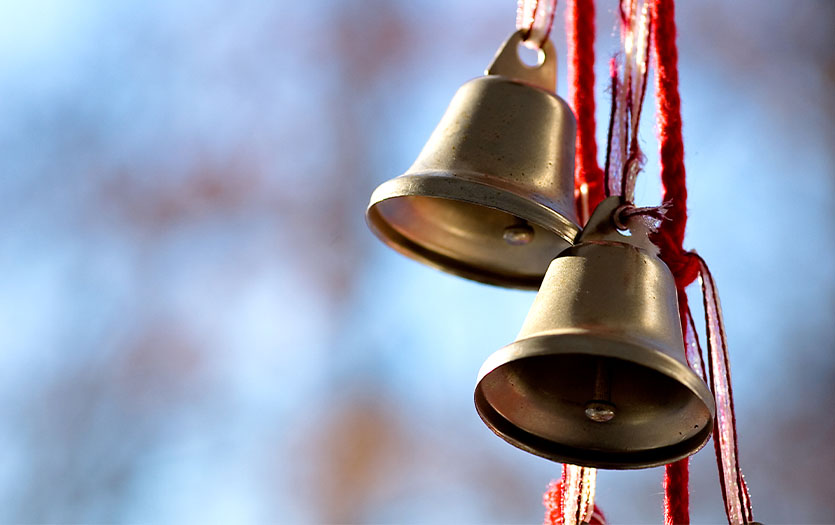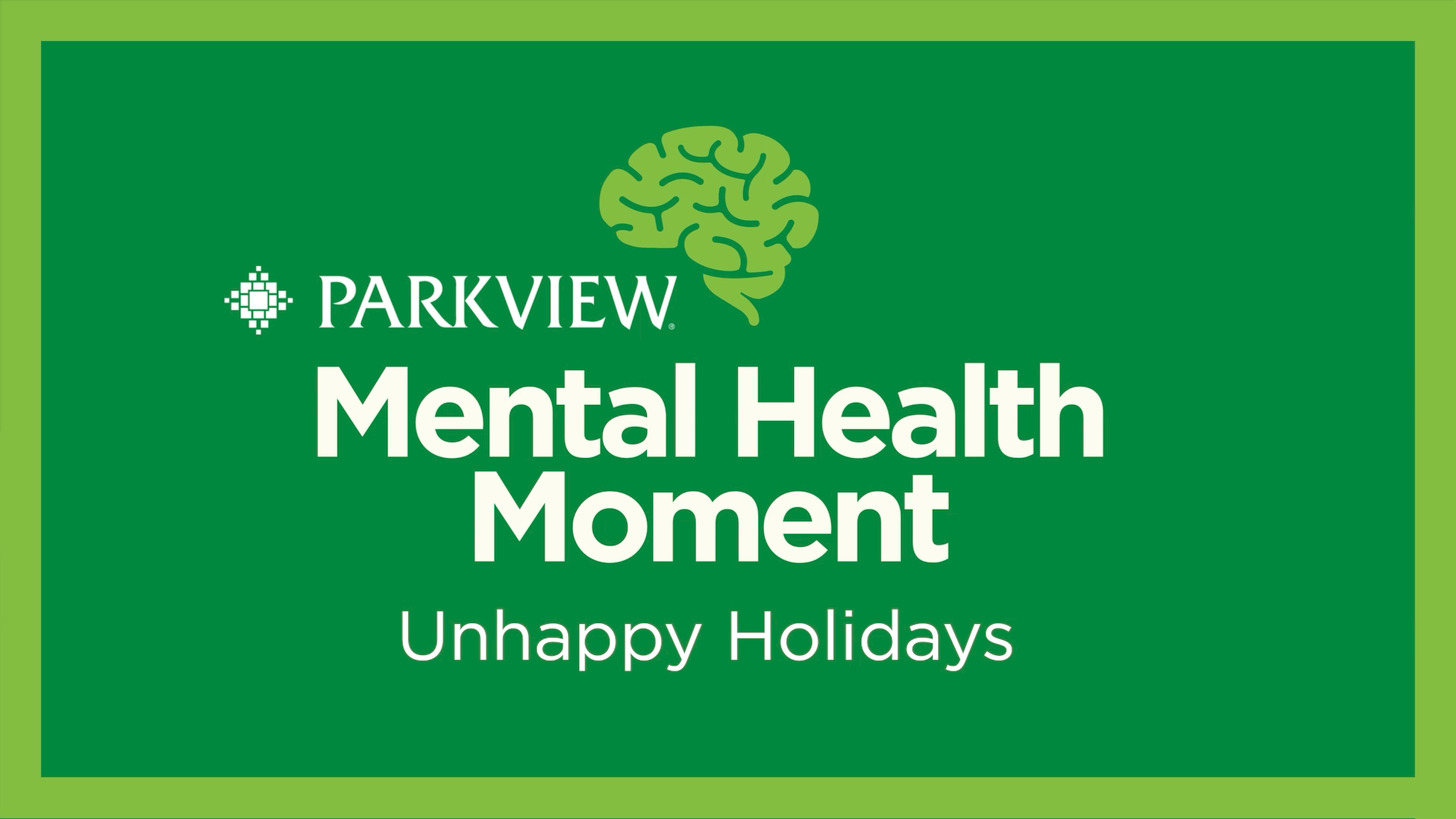
The National Institute of Mental Health estimates that more than 16 million Americans suffer from major depression. Gerard Encenareal, Doctorate of Pharmacy Candidate, Manchester University College of Pharmacy, with assistance from Thomas Smith, PharmD, BCPP, Associate Professor of Pharmacy Practice, Manchester University College of Pharmacy, explore drug options for those suffering from the common condition.
Defining depression
Depression is a ubiquitous term that can mean many different things, from the common blues to periods of bipolar disorder to significant impairment after giving birth.
Major Depressive Disorder (MDD), a diagnosis often referred to simply as “depression” is one of the most common mental health illness conditions in the world. People who have MDD can complain of a variety of symptoms and look substantially different from one another. They may experience dejection, hopelessness, a lack of energy, an inability to sleep, constant worry and suicidal tendencies. Not everyone who is depressed has all of these symptoms at once.
According to Substance Abuse and Mental Health Services Administration (SAMHSA), an estimated 16.2 million adults in the United States had at least one major depressive episode. An estimated 10.3 million of the 16.2 million adults had at least one major depressive episode with severe impairment.
Causes of depression
The causes of depression are poorly understood. It’s likely due to a combination of environmental, genetic and biological factors. Neurotransmitters such as norepinephrine (NE), dopamine (DA), acetylcholine (ACh), and serotonin (5HT) are believed to be involved in depression. This explains why some medications, particularly prescription medications, act on these brain chemicals.
Symptoms
According to the Diagnostic and Statistical Manual of Mental Disorders (DSM-5), the presence of at least five of the following symptoms for a period of two weeks or more constitute MDD:
- Mood is often depressed
- Sleep has increased or decreased
- Interest/pleasure have diminished
- Guilt or feelings of worthlessness
- Energy has decreased
- Concentration has decreased
- Appetite has increased or decreased
- Feeling of agitation
- Thoughts of suicide
In reviewing these symptoms, it is clear that MDD is distinguishable from common, healthy emotions of depression, as symptoms often extend for longer periods and into other domains of health such as cognition, appetite and sleep.
Over-the-counter treatments
There are many over-the-counter (OTC) items and herbal supplements that have been researched to help with depression, however conflicting results on their true utility do exist. Always consult with your primary care physician or pharmacist prior to starting these medications as some may interact with other medications and reduces their effectiveness or increase risk of side effects.
St. John’s Wort
This herbal drug is the most well-known nonprescription option for MDD. It is believed to act in a similar way to a commonly used antidepressant drug class – selective serotonin reuptake inhibitors (SSRIs).
- Recommended dose: 300 mg three times a day for up to 6 weeks
- Side effects: Usually well tolerated. Insomnia, stomach discomfort, diarrhea, anxiety, restlessness, vivid dreams may occur
- Drug interactions: Many interactions with other medications. Consult with your primary care physician or pharmacist if any medications that you are taking have an interaction with St. John’s Wort
SAMe (S-adenosyl-L-methionine)
This molecule exists naturally in the body and its supplementation may be useful for a variety of conditions including MDD and arthritis.
- Recommended dose: 800 – 1600 mg daily for 4-12 weeks
- Side effects: Usually well tolerated. Flatulence, nausea, vomiting, diarrhea, constipation, dry mouth, mild insomnia may occur
- Drug interactions: Not to be taken with other anti-depressants
Fish Oil (Omega-3 Fatty Acids)
Often found in seafood and used for its heart-healthy effects such as lowering triglycerides, fish oil may have benefits on mood as well.
- Recommended dose: 2 – 6.6 grams daily for 8 to 10 weeks
- Side effects: “Fishy aftertaste”, heartburn, bad breath, nausea, and rash
- Drug interactions: blood pressure medications, birth control medications
DHEA
Another naturally occurring substance in the body, DHEA is a hormone that plays a key role in the levels of other hormones in both men and women.
- Recommended dose: 30 – 450 mg daily for 6 weeks. Can be increased up to 500 mg daily in 100 mg increments for 8 weeks
- Side effects: acne, oily skin, hair growth in women
- Drug interaction: blood thinning medications, estrogen medications for postmenopausal women
5-HTP
This natural medication is a precursor to an important brain chemical that is involved in regulating mood and anxiety: serotonin. It is believed that depression and anxiety may be due to too little of serotonin activity and thus boosting this chemical may alleviate these symptoms.
- Recommended dose: 150 – 800 mg daily for 2 – 6 weeks.
- Side effects: nausea, vomiting, abdominal pain, diarrhea, and anorexia may occur
- Drug interactions: antidepressant medications
Summary
These herbal and OTC medications may be helpful for mild depression. Those who have more serious depression or depressive episodes due to chronic illness such as bipolar disorder or during certain times of life such as after giving birth should discussion options with a prescriber of mental health expert to determine which options may be best.
If you or someone you know needs help, call the Parkview Behavioral Health HelpLine at 260-471-9440 or 800-284-8439, anytime 24 hours a day.
References
Natural Medicines. Therapeutic Research Center, Inc. Stockton, CA
Diagnostic and Statistical Manual of Mental Disorders (DSM-5). What is Depression?
National Institute of Mental Health. Major Depression
Substance Abuse and Mental Health Services Administration. Major Depression Statistics



